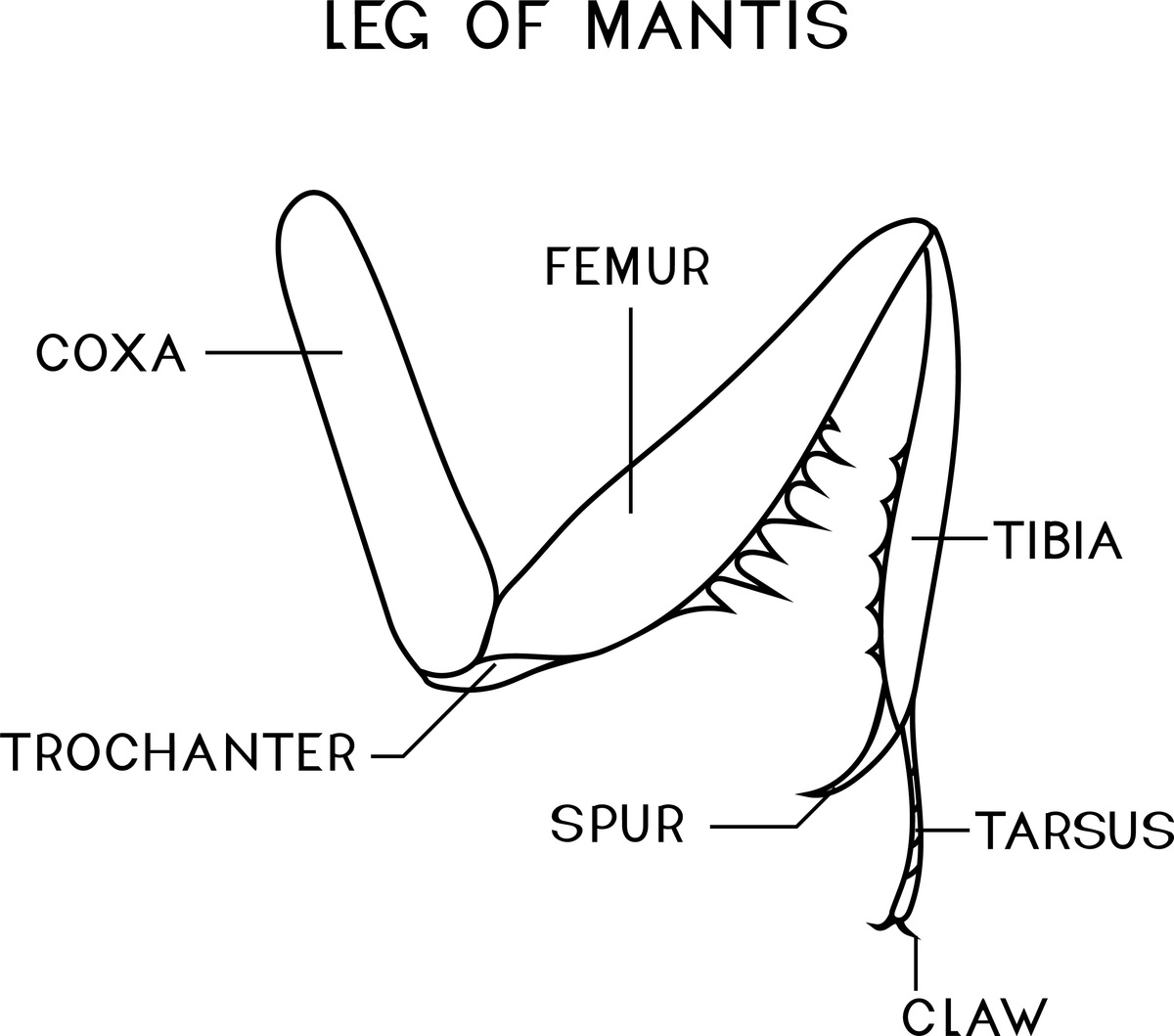How to Avoid Plagiarism: A Comprehensive Guide
To avoid plagiarism, follow these guidelines:\
- Understand what plagiarism is: Plagiarism is the act of using someone else's words, ideas, or work without giving them proper credit. It includes copying and pasting from sources without citation, paraphrasing without proper attribution, and even self-plagiarism (using your own previously published work without acknowledgment).\
- Use proper citations: Whenever you use someone else's words, ideas, or work, make sure to provide a citation. This includes direct quotations, paraphrased information, and even ideas that are not common knowledge. Use the appropriate citation style (e.g., APA, MLA) and include in-text citations as well as a bibliography or reference list. \
- Take good notes: When conducting research, make sure to take detailed notes and clearly distinguish your thoughts from information obtained from sources. This will help you avoid unintentionally using someone else's ideas without proper attribution. \
- Understand and practice paraphrasing: Paraphrasing is rephrasing someone else's words or ideas in your own words. However, it is important to remember that simply changing a few words or sentence structure is not enough. Paraphrasing should reflect your understanding of the original material and be significantly different from the source. Always provide a citation when paraphrasing. \
- Use plagiarism detection tools: Utilize plagiarism detection software or online tools to check your work for any potential instances of plagiarism. These tools can compare your text against a vast database of sources to identify similarities and ensure originality. \
- Manage your time effectively: Procrastination can lead to rushed work and increased chances of plagiarism. Start your assignments early to give yourself enough time to properly research, write, and cite your sources. This will reduce the temptation to cut corners and plagiarize. \
- Seek guidance and ask for help: If you are unsure about how to properly cite sources or paraphrase, consult your instructor or refer to style guides and writing resources. They can provide guidance and clarify any questions you may have.
Remember, academic integrity is crucial, and avoiding plagiarism is a matter of ethical responsibility. By giving proper credit to the original authors and sources, you demonstrate respect for intellectual property and contribute to the advancement of knowledge.'}

原文地址: https://www.cveoy.top/t/topic/qaAf 著作权归作者所有。请勿转载和采集!